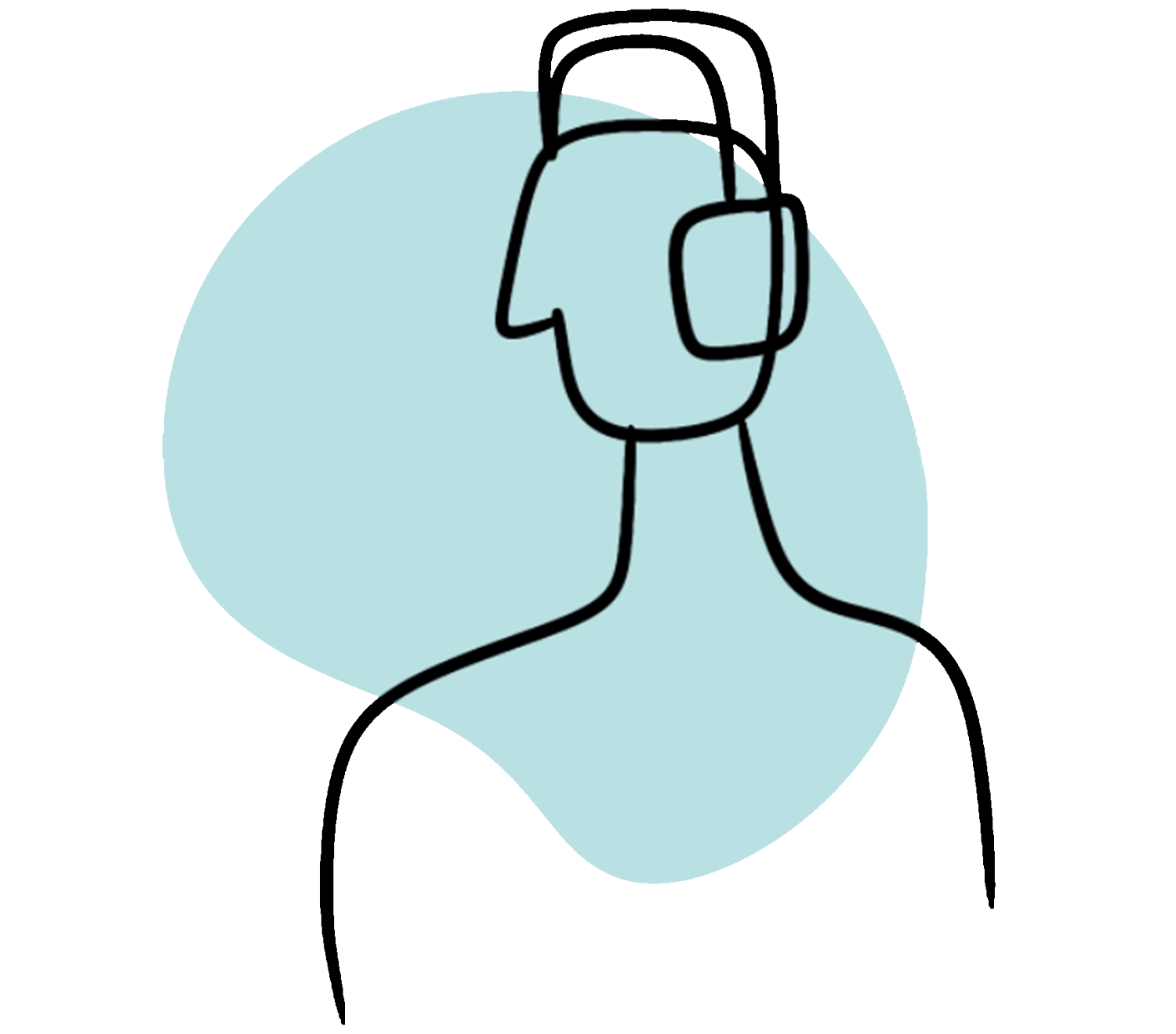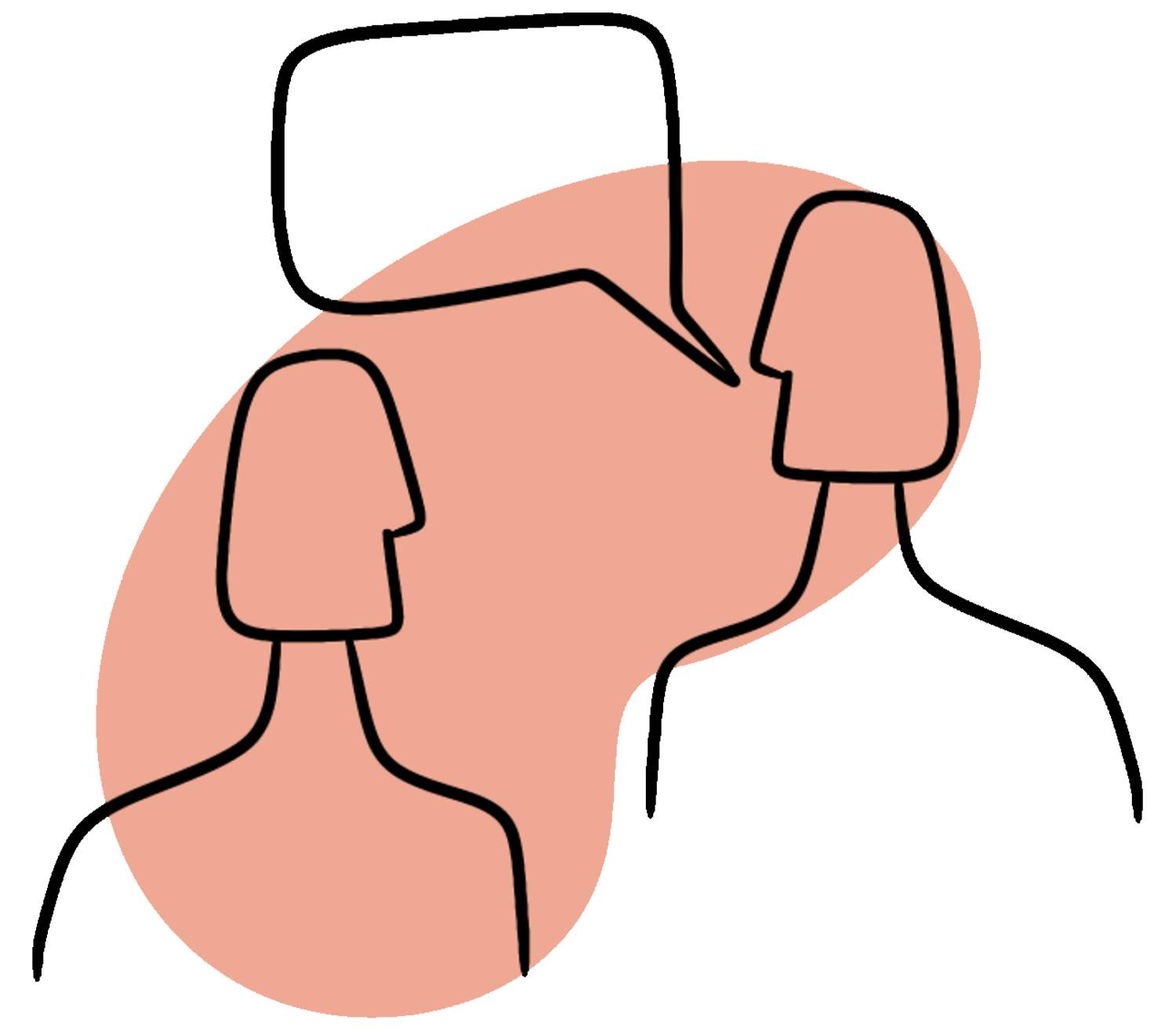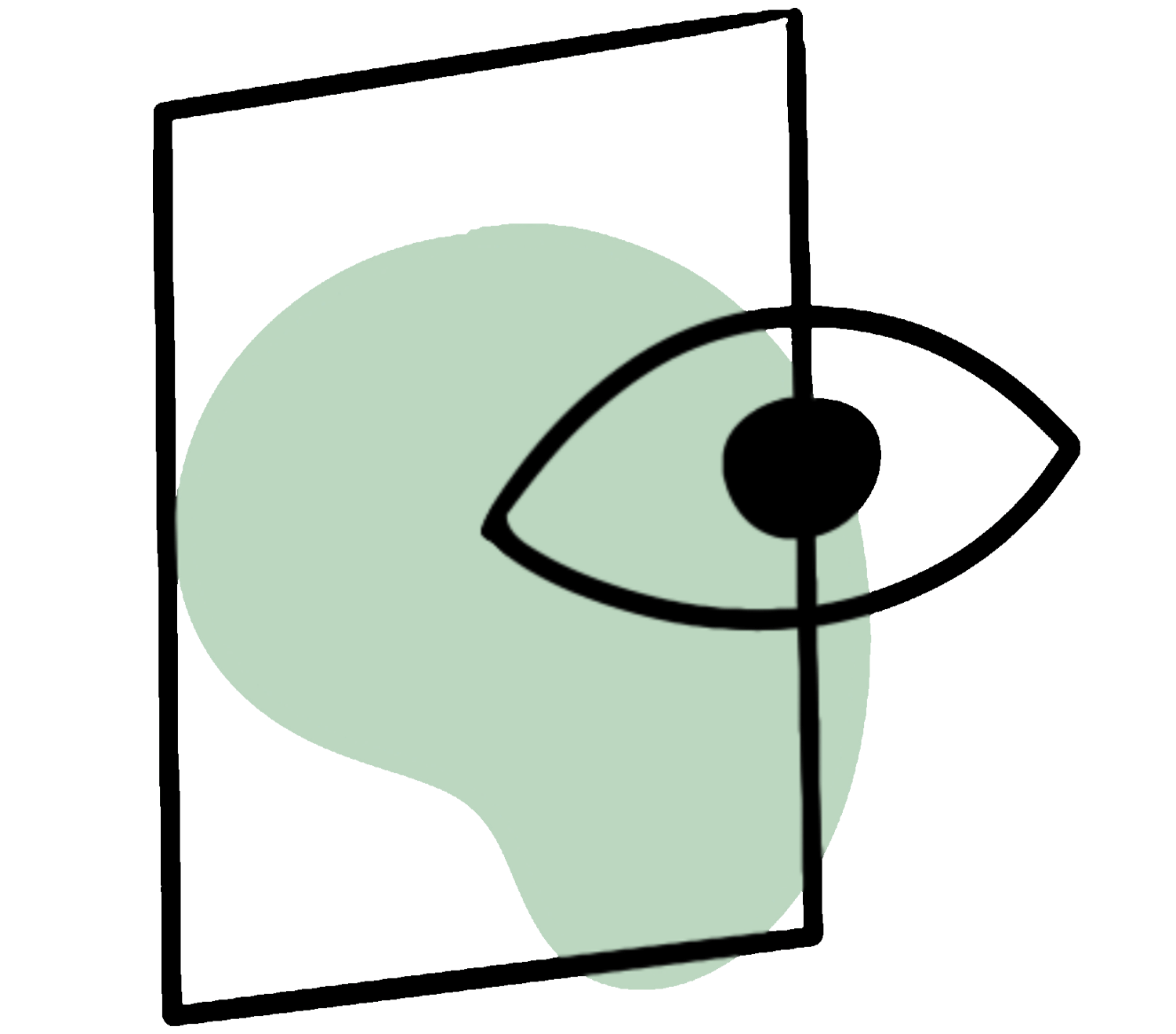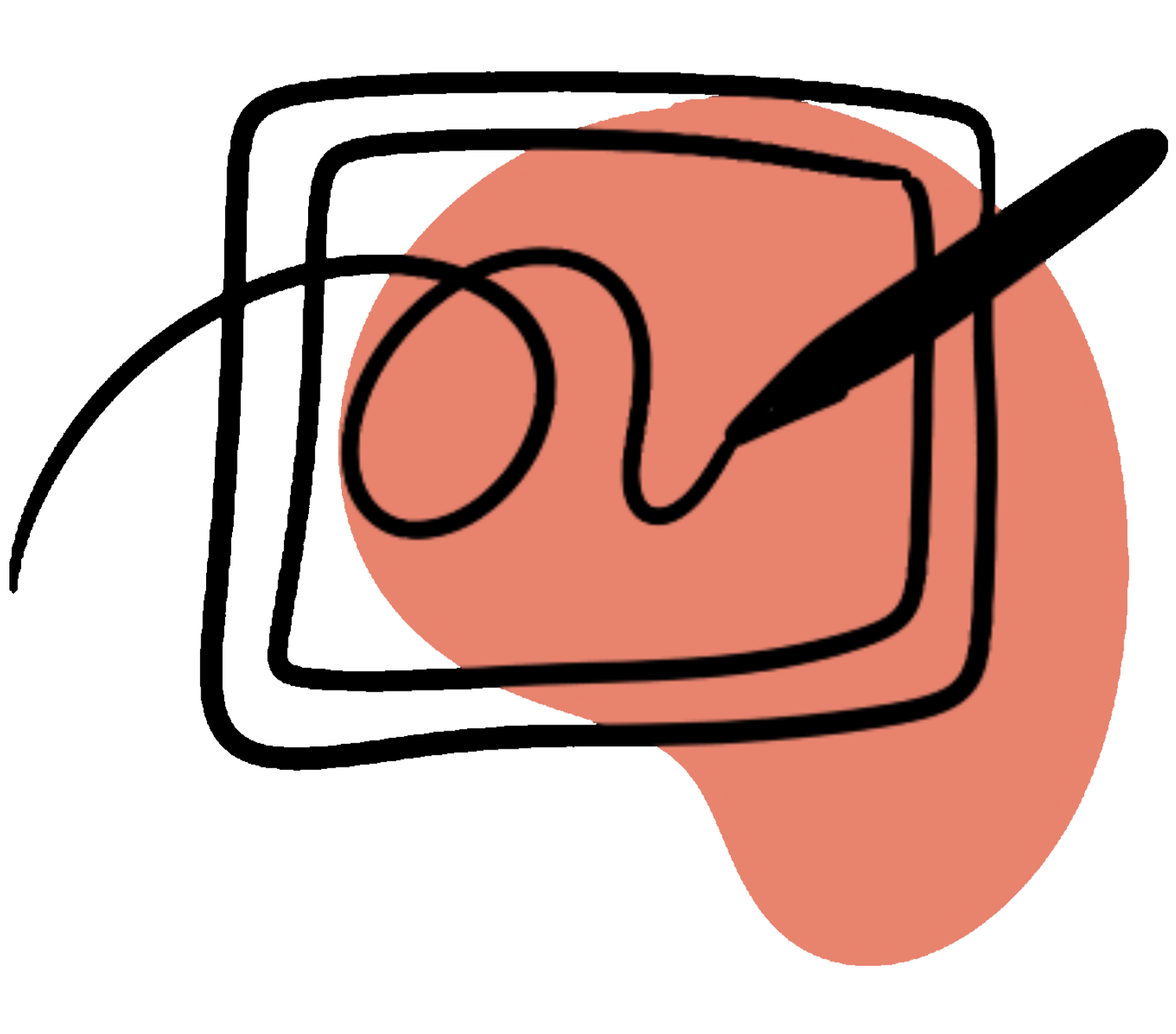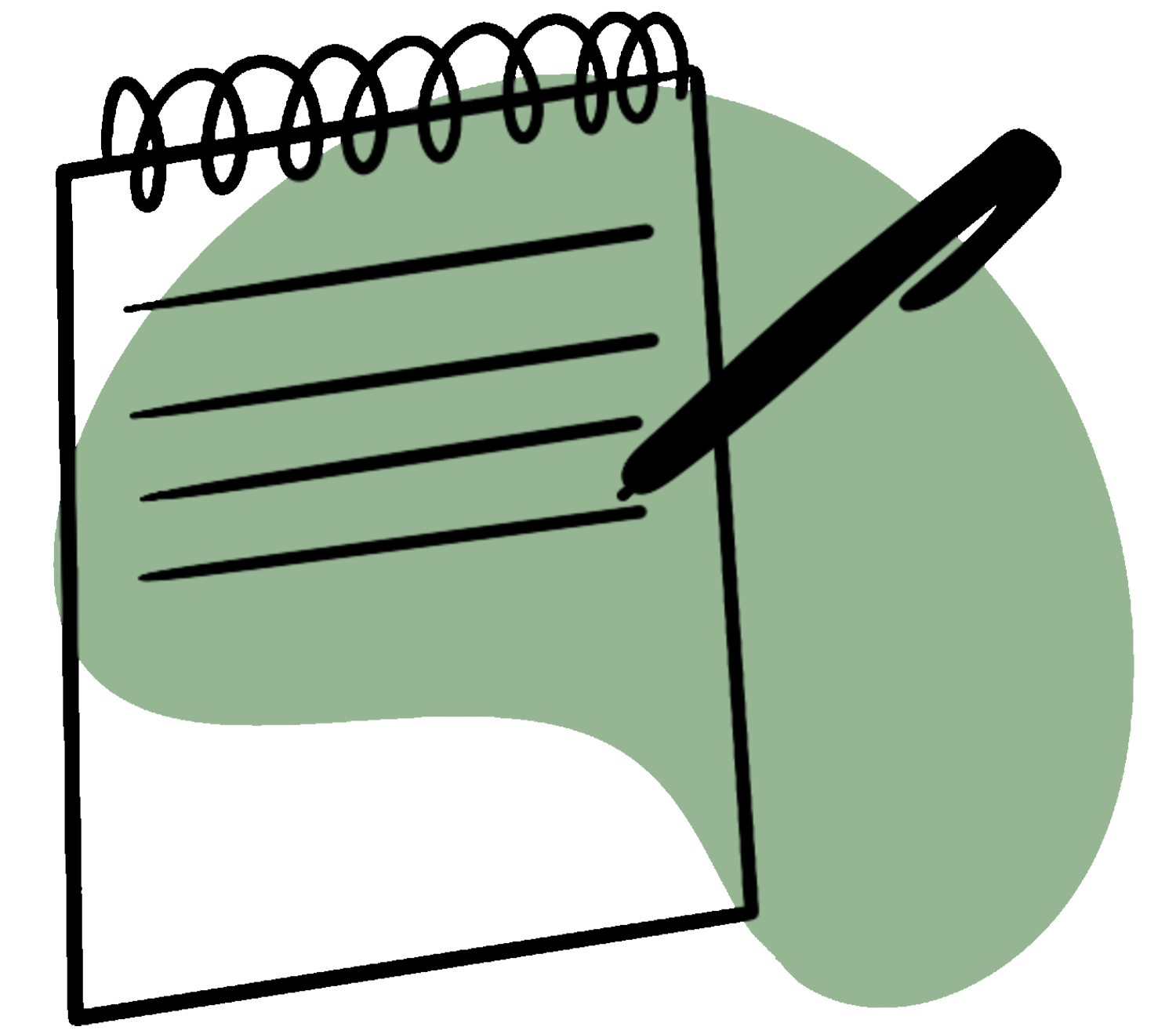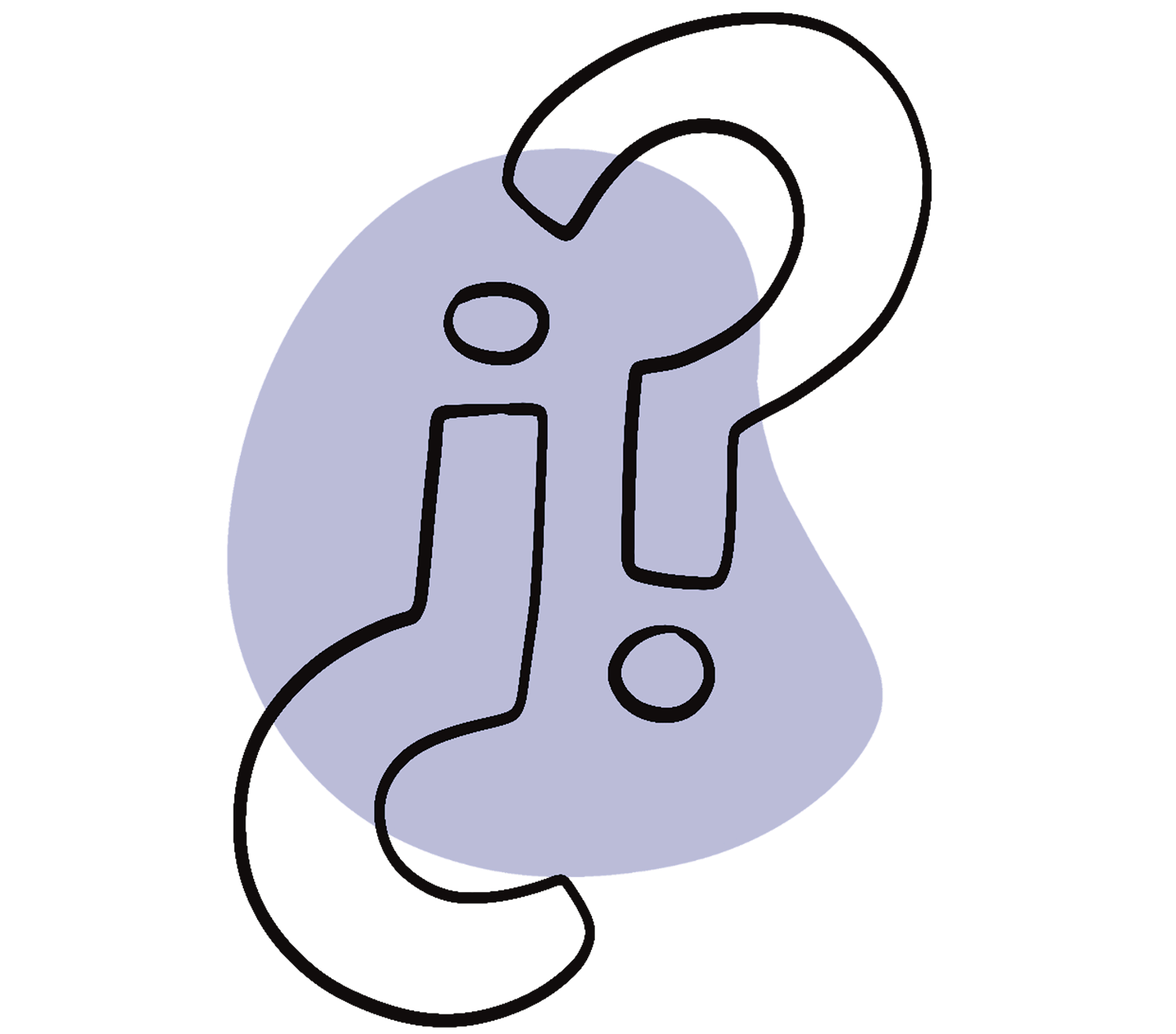An important resource during your writing process is your fellow students. Students from higher semesters may be willing to share their own helpful experiences, while students from the same semester might have special insights or knowledge that complement your own. Talking about your topic can help you solve problems, clarify your ideas, and find appropriate expressions. You can give each other helpful tips. One particularly effective strategy is to provide each other with feedback on your texts.
Good text feedback is:
- specific – refers to specific parts of the text
- substantiated – explains why something is successful or unsuccessful
- prioritized – assesses individual criticism in relation to the overall impression
- worded appreciatively – and if not, accept it calmly, and do better yourself.
Writing tandems or writing groups can help you work more productively, overcome motivation slumps, and clear mental blocks. Members of writing groups support each other by giving each other text feedback, writing together, solving problems jointly, reporting on writing progress and challenges, setting goals, and gently reminding each other to stick to them.

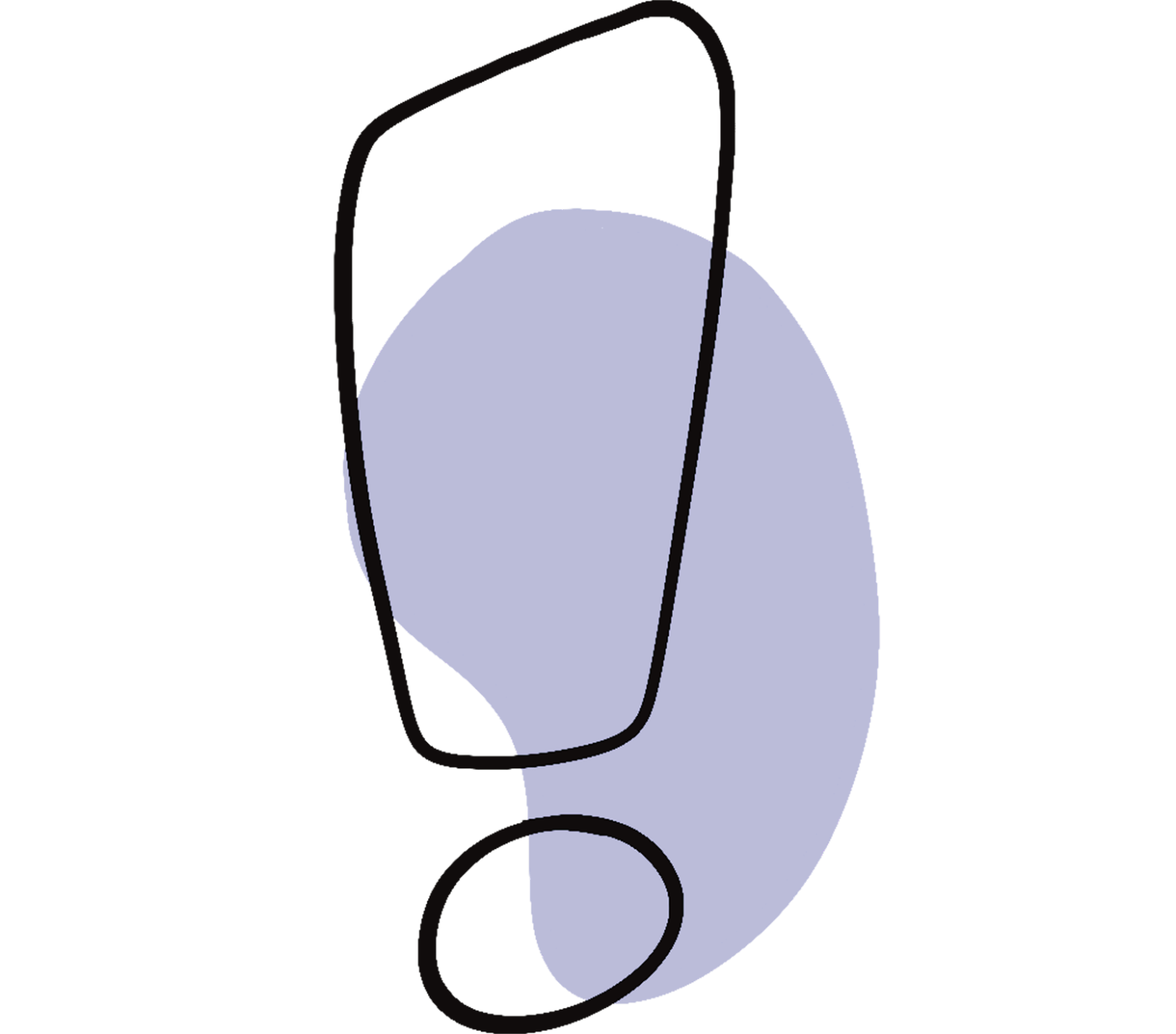
The Writing Center regularly supports the formation of writing groups through organizing kick-off meetings and also offers an open writing group.
Lecturers offer different types of support for writing a scientific paper. Find out what is available and make the most of all that is on offer. Refer to fact sheets, the seminar schedule, and if applicable the lecturers’ Moodle course rooms. Ask about the requirements for the scientific paper you are writing. Sometimes students hesitate to accept offered feedback, but it is a valuable opportunity: take the chance to view marked examinations, read the comments, ask questions.
The library is there to help with any questions you may have about literature searches and literature management. Library staff also offer thesis consultations and an introduction to literature management programs like Citavi or Zotero. The library offers introductory events where you can learn the basics of literature research and borrowing materials, especially at the beginning of the semester, as well as an elective lecture on scientific literature research. Contact the library with any questions you may have about databases, journals, or interlibrary loans. Please don’t hesitate to ask the library staff for help and advice.
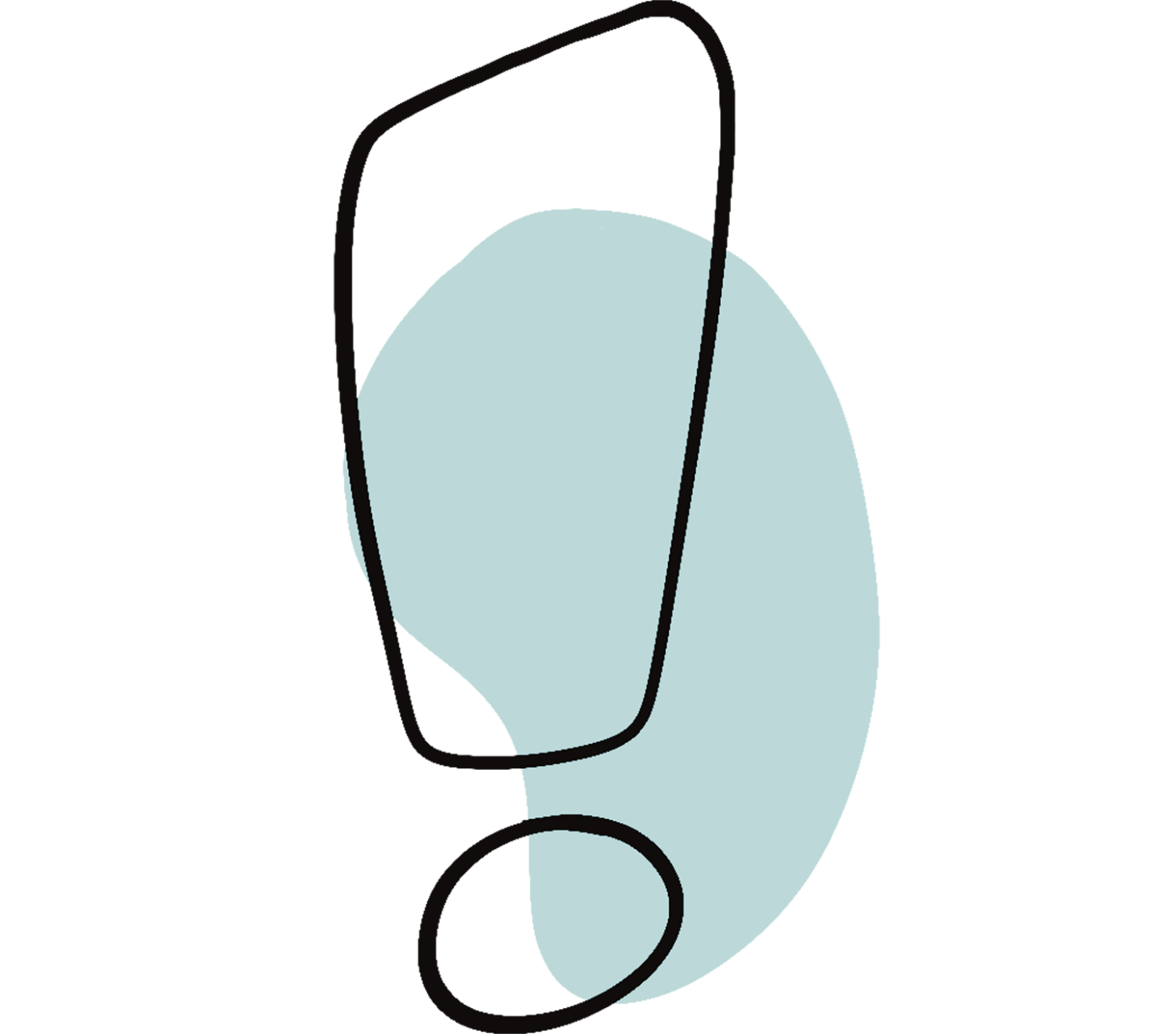
The Writing Center offers workshops that teach the basics and encourage exchange. In writing consultations, writing tutors advise you individually on your text and writing process. You can also upload your text and receive written feedback on a few pages. And: Attend the Writing Day, where once a semester you can join workshops and write together with others for a whole day.
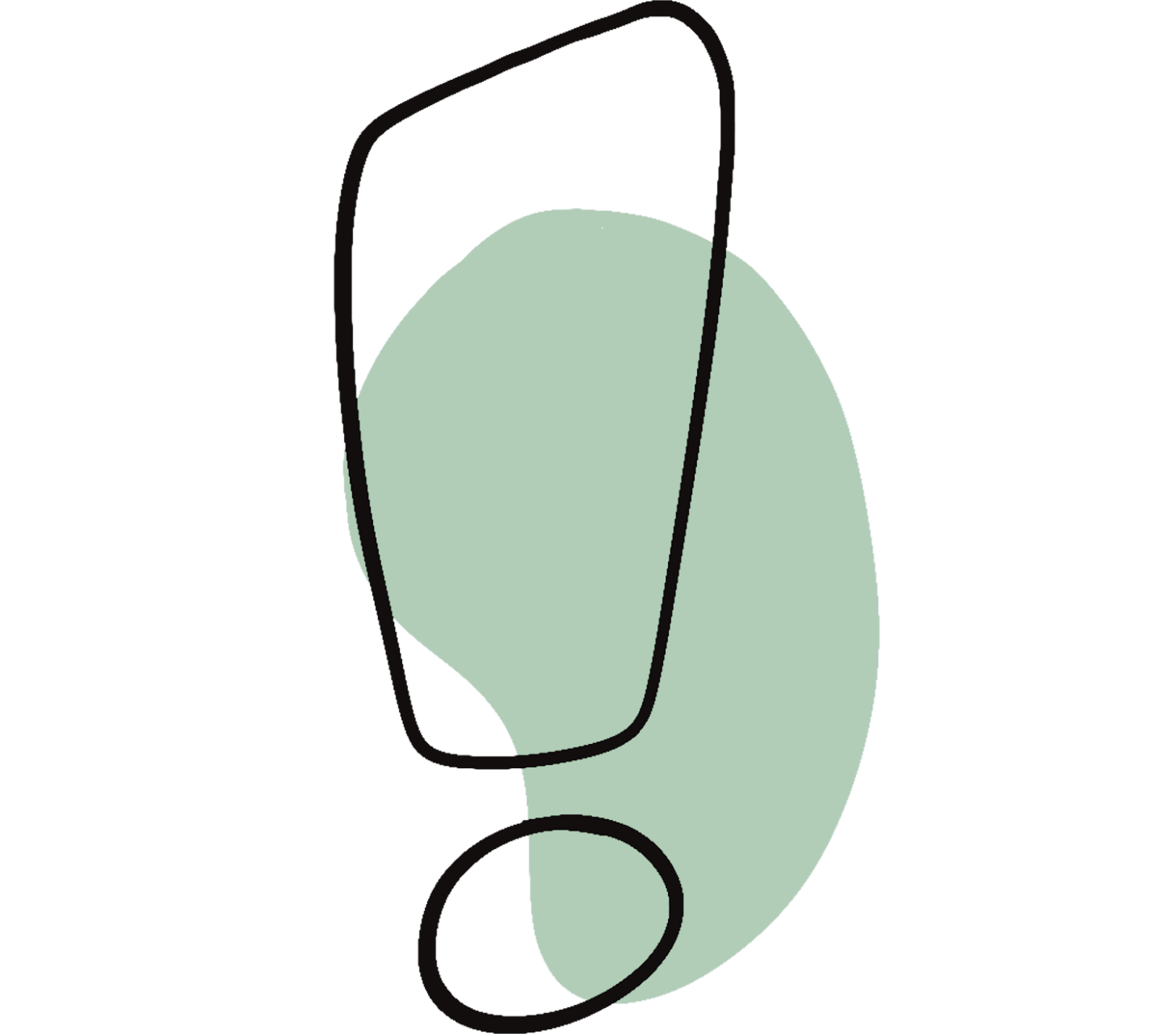
The OWL cannot answer all questions about academic work and writing. On the internet and social media, you will find various resources that deal with academic writing. Don’t be confused by the many different conventions.
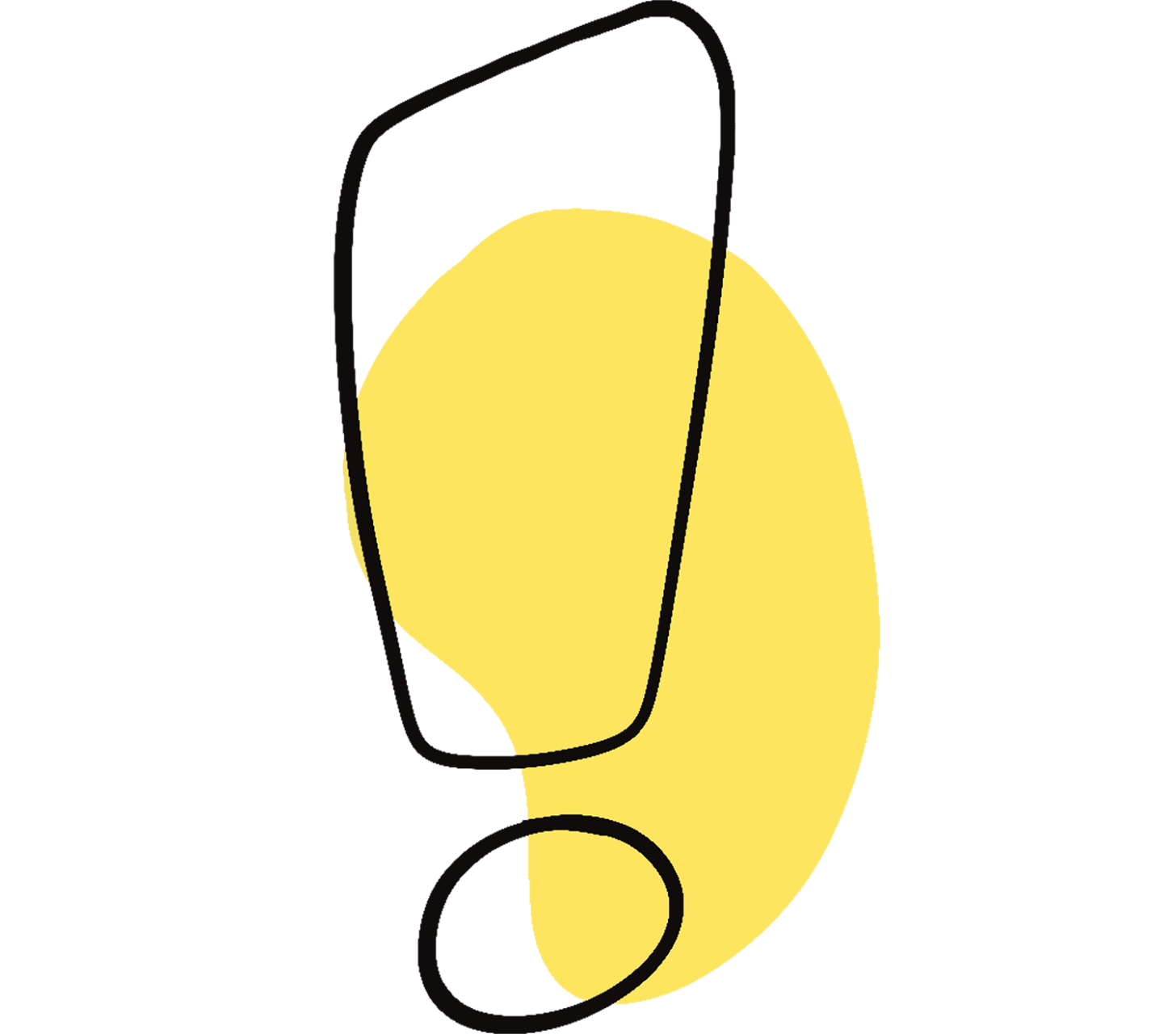
For academic writing, you need various programs, e.g. for word processing, creating graphics, researching academic literature, or collaborating with others. Mastering the software you use saves a lot of time and nerves. It’s best to start early with the software you plan to use for your thesis.
Support is available here:
- The Central IT of TH Nuremberg provides software via the intranet and offers instructions for installation and use.
- The library offers training and a consultation hour for the reference management software Zotero.
- The RRZE (Regional Computing Center Erlangen) of FAU provides software training courses, e.g. for LATEX or Word – also for students of TH Nuremberg.
Writing is especially challenging if you are not writing in your native language. Here are some tips for non-native speakers writing in German at university:
- Use a German-language word processing program.
- Use the spelling and grammar check of your word processor.
- Never copy full sentences word-for-word from literature without marking them as quotes. That stands out. Try to paraphrase the literature, even if it’s difficult at first. You must also cite the source if you express the idea in your own words.
- Have your text proofread by German-speaking fellow students or friends before submission.
- Don’t get stuck on spelling and phrasing in your draft text, but focus first on content. Before submission, the language must of course be checked and corrected again.
- Write simply and understandably. Don’t hide content in unnecessarily complicated phrasing. Academic texts are working documents and should be understandable on first reading.
- If you can express yourself better in English than in German, ask your examiners if you may write the paper in English.
What does the writing process involve?
The writing process distinguishes between four main steps: planning, structuring, drafting, revising. But in fact, there are many more tasks involved in writing an academic paper: formulating the research question, discussing with lecturers, reading, researching, correcting, and so on. These steps are usually not done sequentially. Instead, you will repeatedly perform certain tasks, such as reading or gathering feedback.
How can I write better?
Writing can be learned. The more you write, the better you get. Also, it is important to think about the goal and the audience of your text, get feedback, and revise the text often.
This article was published in August 2025 and last updated in June 2025.

